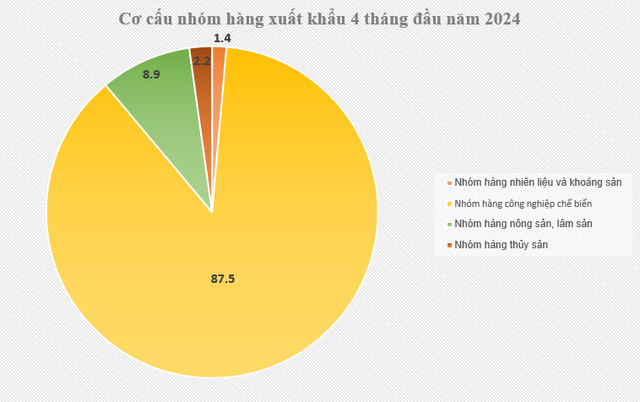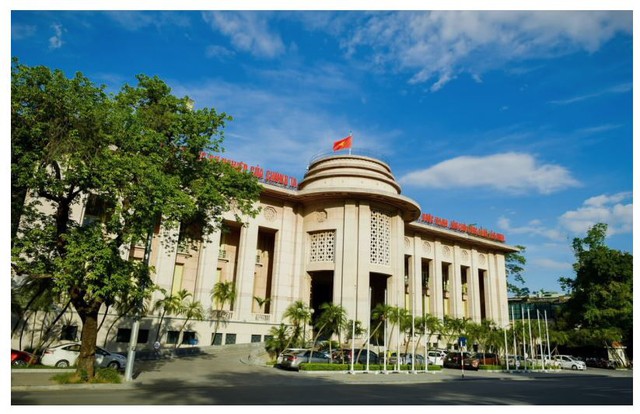On April 12th, Mr. Cao Dang Vinh, Deputy Director of the Department of Civil Law (Ministry of Justice), stated that there is still a range of differing concepts regarding virtual assets, digital currencies, and cryptocurrencies across the globe. Countries also have varying approaches to regulating them. For example, the United States has not issued a dedicated legal framework for virtual currencies or virtual assets, instead adjusting specialized laws to regulate them.
Mr. Vinh assessed that virtual assets and virtual currencies “pose many risks and can be easily exploited for fraud,” but Vietnam has yet to establish specific regulations for them and does not recognize cryptocurrency as a type of property.
Therefore, Mr. Vinh believes that a legal framework should be established to manage virtual assets and virtual currencies in the near future. “Regulations are needed to prohibit risky behaviors or exploiting virtual assets and virtual currencies for fraud,” said Mr. Vinh, adding that the Ministry of Justice will have a clearer stance once the Ministry of Finance makes specific proposals.
Cryptocurrencies such as Bitcoin and Ethereum are widely considered to be virtual assets. However, Vietnam does not yet have specific definitions for virtual currencies or virtual assets. Current regulations only address the concept of cryptocurrency pegged to legal tender and existing in the form of bank prepaid cards or e-wallets.

Mr. Cao Dang Vinh, Deputy Director of the Department of Civil Law (Ministry of Justice). Photo: MOJ |
The government has instructed the State Bank of Vietnam to research and pilot virtual currencies on several occasions, with the aim of preventing money laundering. The regulatory authority has repeatedly affirmed that virtual currency is not a currency or a legal means of payment in Vietnam. The amended Anti-Money Laundering Law, passed in late 2022, does not legalize virtual currencies or virtual assets.
However, the buying and selling of virtual assets in Vietnam is currently being carried out through international exchanges or direct agreements, which poses money laundering risks with many individuals involved. Therefore, two years ago, the National Assembly requested that the government establish a legal framework for this new type of asset.
In February 2024, the government assigned the Ministry of Finance to research and develop a legal framework to either ban or regulate virtual assets and the organizations that provide these asset services, to be completed by May 2025. This is intended to mitigate the risks of money laundering and terrorist financing associated with this type of asset.
According to statistics from the Vietnam Blockchain Association (VBA) in September 2023, the value of virtual currencies received in Vietnam was close to 91 billion USD over a one-year period (October 2021 to October 2022), of which illegal activities accounted for 956 million USD.
Written by Tuan






































